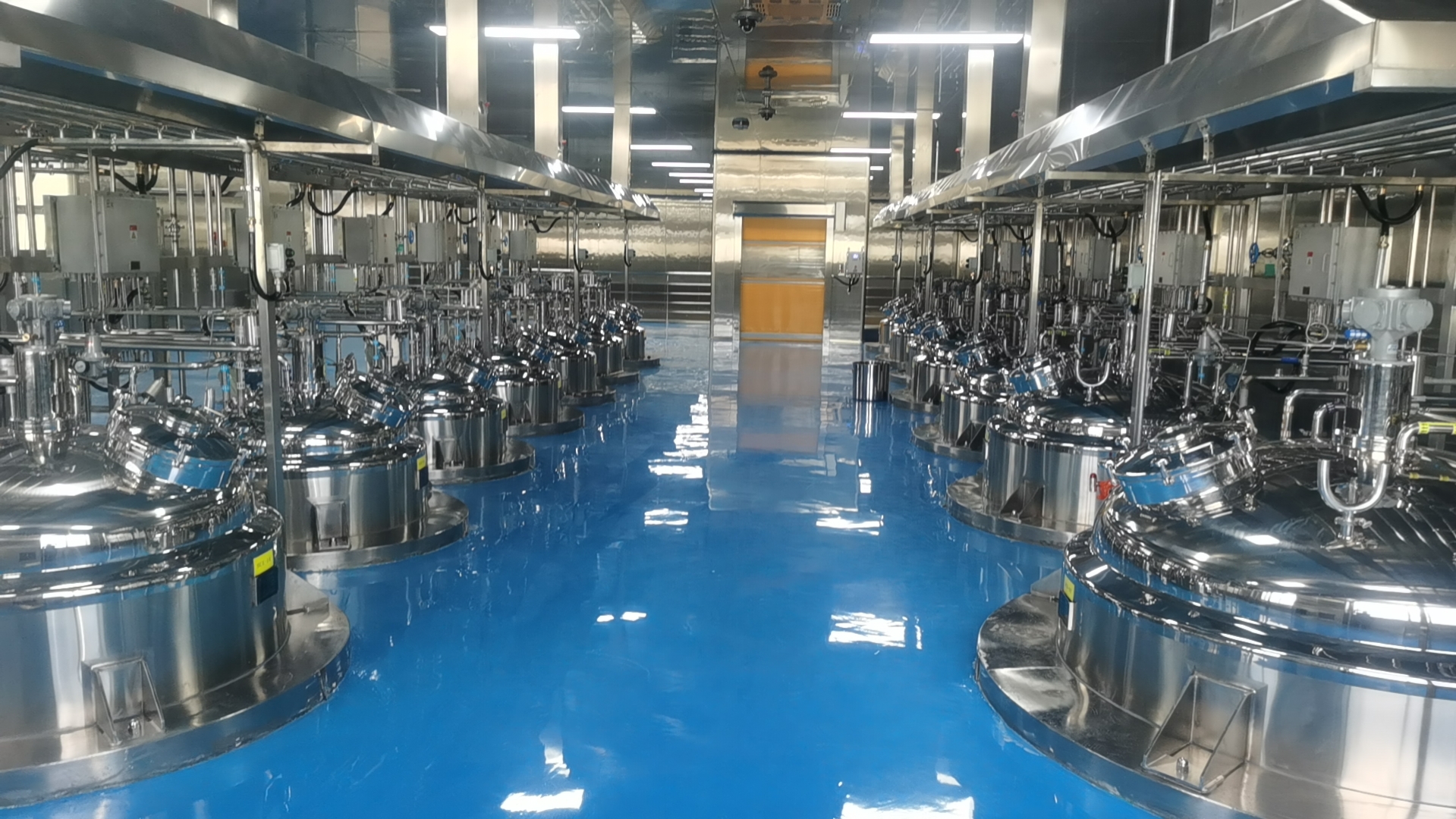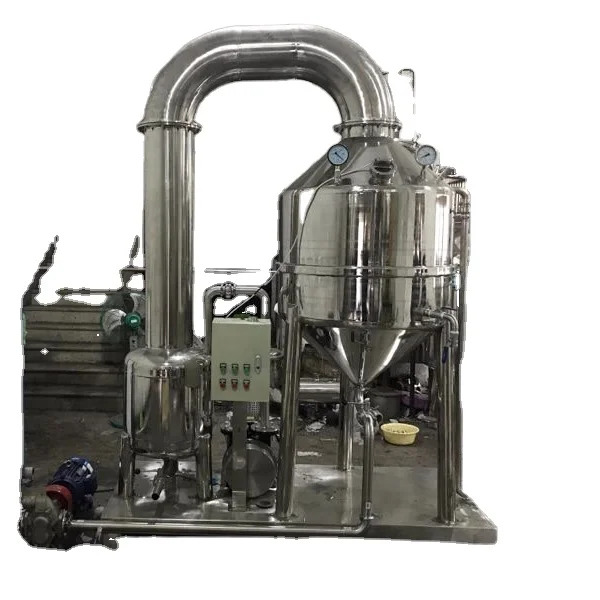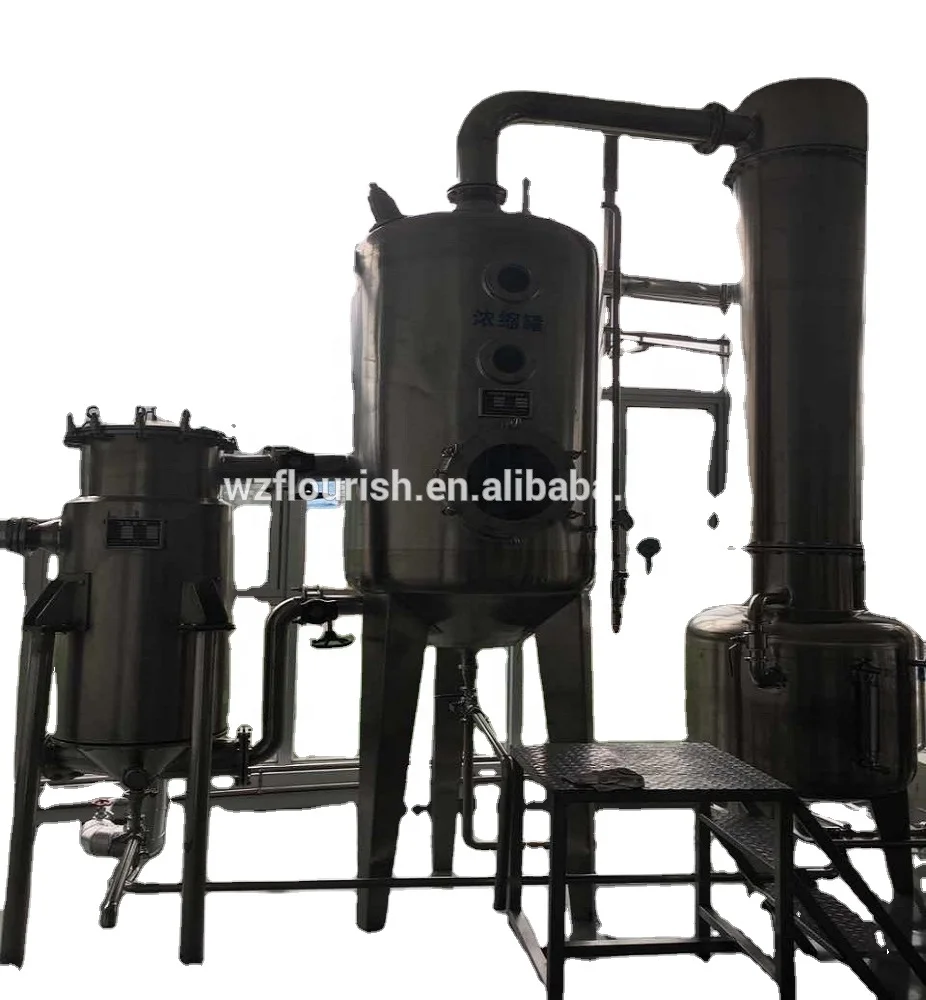
ABOUT
Wenzhou Vince Machinery Science Co., Ltd. was established in early 1980s. Our company covers an area of 6500 square meters and is an independent legal representative firm, possessing rich economic technology strength. Our company is a high tech enterprise and plays an important role in national dairy, foodstuff, pharmacy and machinery industries. We are a beverage machinery supplier.
Since the establishment, our company has mainly engaged in dairy products, foodstuff, beverage machinery, bean products, yellow wine, medicines and fermentation projects. What's more, our company supplies a complete sequence services in manufacturing, installation, test and personnel train, as well as the whole direction service design and consulting service on product project construction or enlargement artistic distribution engineering sets budget.
Fermentation Tanks: A Vital Component of Bioprocessing
Design and Construction
Fermentation tanks are typically made of stainless steel, a material chosen for its durability, resistance to corrosion, and ease of cleaning. The tanks come in various sizes, ranging from small laboratory-scale reactors to massive industrial-scale vessels. The design of a fermentation tank is tailored to the specific process, with key features including:
• **Agitation:** To ensure proper mixing and oxygen transfer, fermentation tanks employ various agitation systems, such as impellers, baffles, and spargers. These systems ensure uniform distribution of nutrients, dissolved oxygen, and biomass throughout the tank.
• **Temperature Control:** Maintaining optimal temperatures is crucial for microbial growth and product formation. Fermentation tanks are equipped with cooling and heating systems to precisely control the temperature within the tank.
• **pH Control:** The pH of the fermentation broth can significantly impact microbial activity. Tanks are often equipped with sensors and systems for adjusting the pH by adding acids or bases.
• **Aeration:** Many fermentation processes require oxygen for microbial growth. Aeration systems, such as spargers, introduce controlled amounts of air or oxygen into the tank.
Types of Fermentation Tanks
Fermentation tanks come in various designs based on the specific process requirements. Some common types include:
• **Batch Tanks:** Batch fermentation involves adding all the ingredients at the beginning of the process and allowing the reaction to proceed without further additions. These tanks are relatively simple in design and are often used for smaller-scale production.
• **Fed-Batch Tanks:** Fed-batch fermentation involves adding nutrients gradually throughout the process, allowing for higher cell densities and increased product yields. These tanks are typically more complex than batch tanks and are commonly used for large-scale production.
• **Continuous Tanks:** Continuous fermentation involves constantly feeding fresh media into the tank and removing product-containing broth. This allows for continuous production and is often used for industrial-scale processes.
Importance in Bioprocessing
Fermentation tanks are critical components of bioprocessing for several reasons:
• **Production of Biopharmaceuticals:** Fermentation is widely used to produce a wide range of biopharmaceuticals, including vaccines, antibodies, and enzymes. By carefully controlling the fermentation process, manufacturers can optimize the yield and quality of these products.
• **Food and Beverage Production:** Fermentation plays a key role in the production of various foods and beverages, including beer, wine, yogurt, and cheese. Fermentation tanks provide the controlled environment necessary for the specific microbial transformations required for these products.
• **Biofuel Production:** Fermentation is also used to produce biofuels such as ethanol from plant biomass. Biofuel production relies on fermentation to convert sugars into ethanol, a renewable fuel source.
Challenges and Future Trends
While fermentation tanks are essential for bioprocessing, there are challenges associated with their design, operation, and maintenance. These challenges include:
• **Scale-Up:** Scaling up a fermentation process from laboratory to industrial scale can be challenging due to the need for consistent performance and efficient mixing.
• **Contamination:** Maintaining a sterile environment is crucial to prevent contamination, which can significantly impact product quality and yield.
• **Energy Consumption:** Fermentation processes can require significant energy input for mixing, temperature control, and aeration.
Future trends in fermentation tank technology are focused on addressing these challenges and enhancing efficiency. This includes advancements in:
• **Automated Control Systems:** Developing sophisticated control systems that can monitor and adjust process parameters in real-time to optimize performance.
• **Sterilization Techniques:** Improving sterilization methods to prevent contamination while minimizing energy consumption.
• **Alternative Fermentation Platforms:** Exploring alternative fermentation platforms, such as membrane bioreactors, that offer advantages in terms of efficiency and scalability.
In conclusion, fermentation tanks are essential equipment in bioprocessing, playing a critical role in the production of a wide range of products. Understanding the design, operation, and importance of these tanks is essential for anyone involved in bioprocessing. Ongoing research and development are focused on addressing challenges and further optimizing fermentation tank technology to enhance the efficiency and sustainability of bioprocessing.
SUBSCRIBE
INQUIRY





